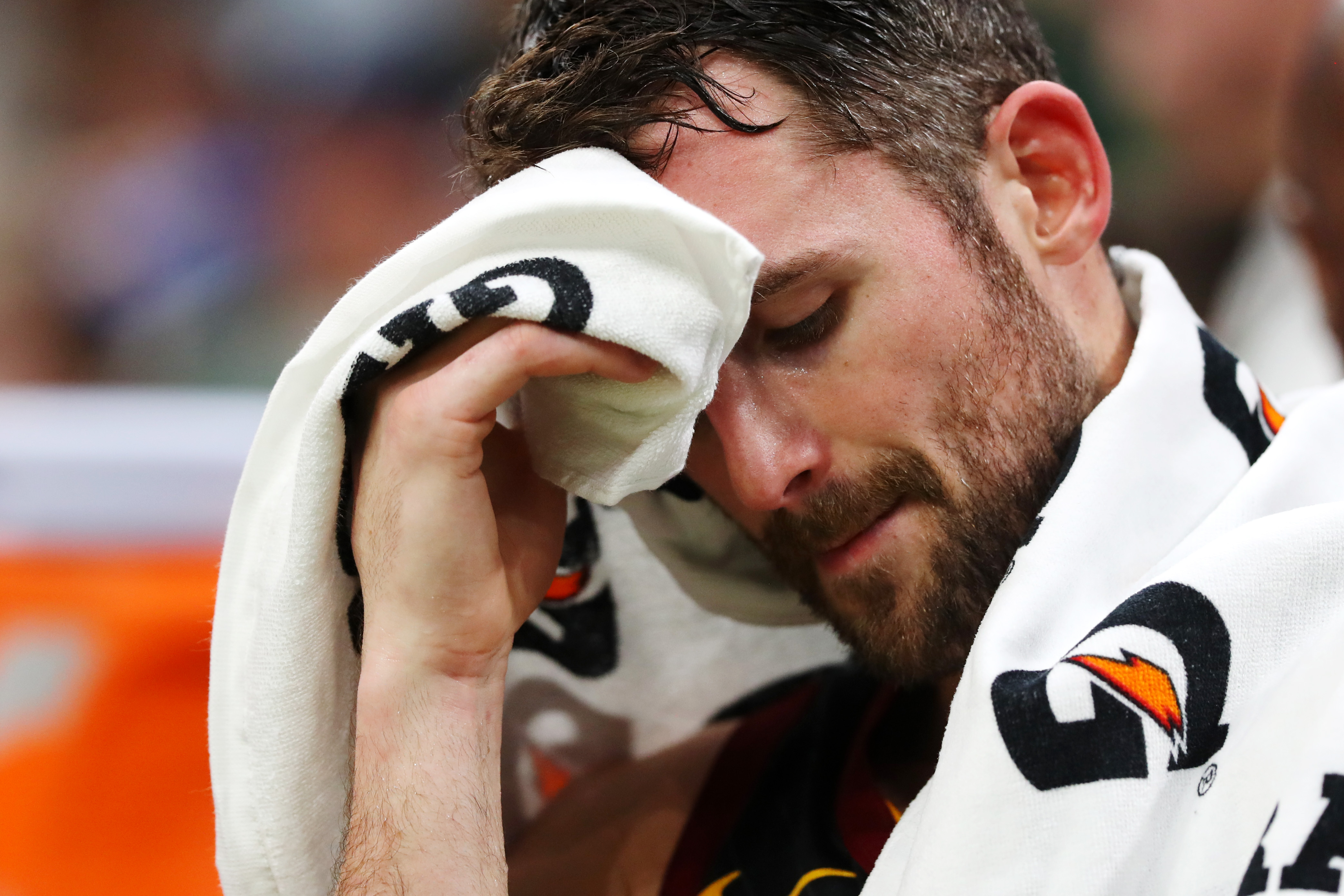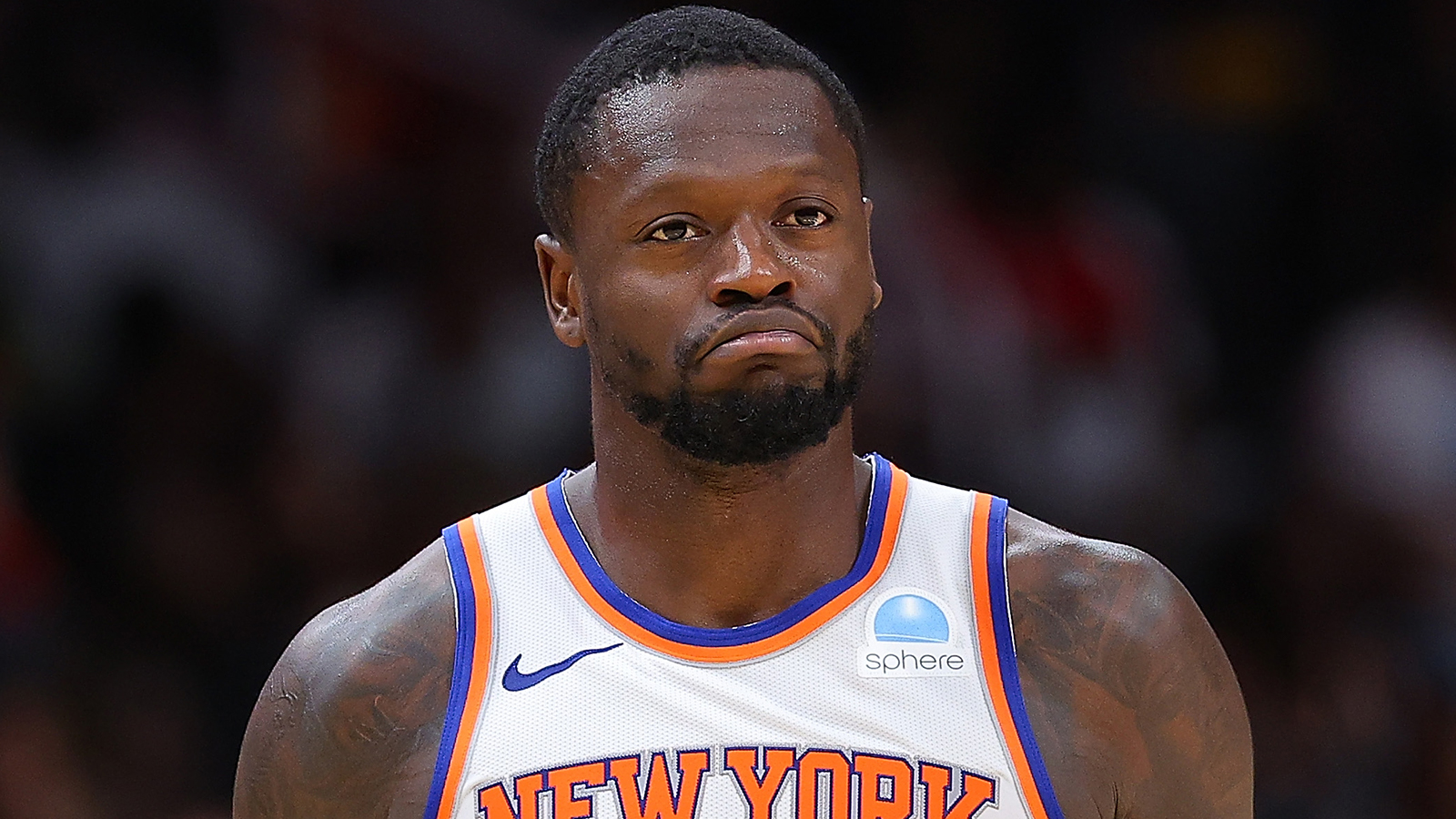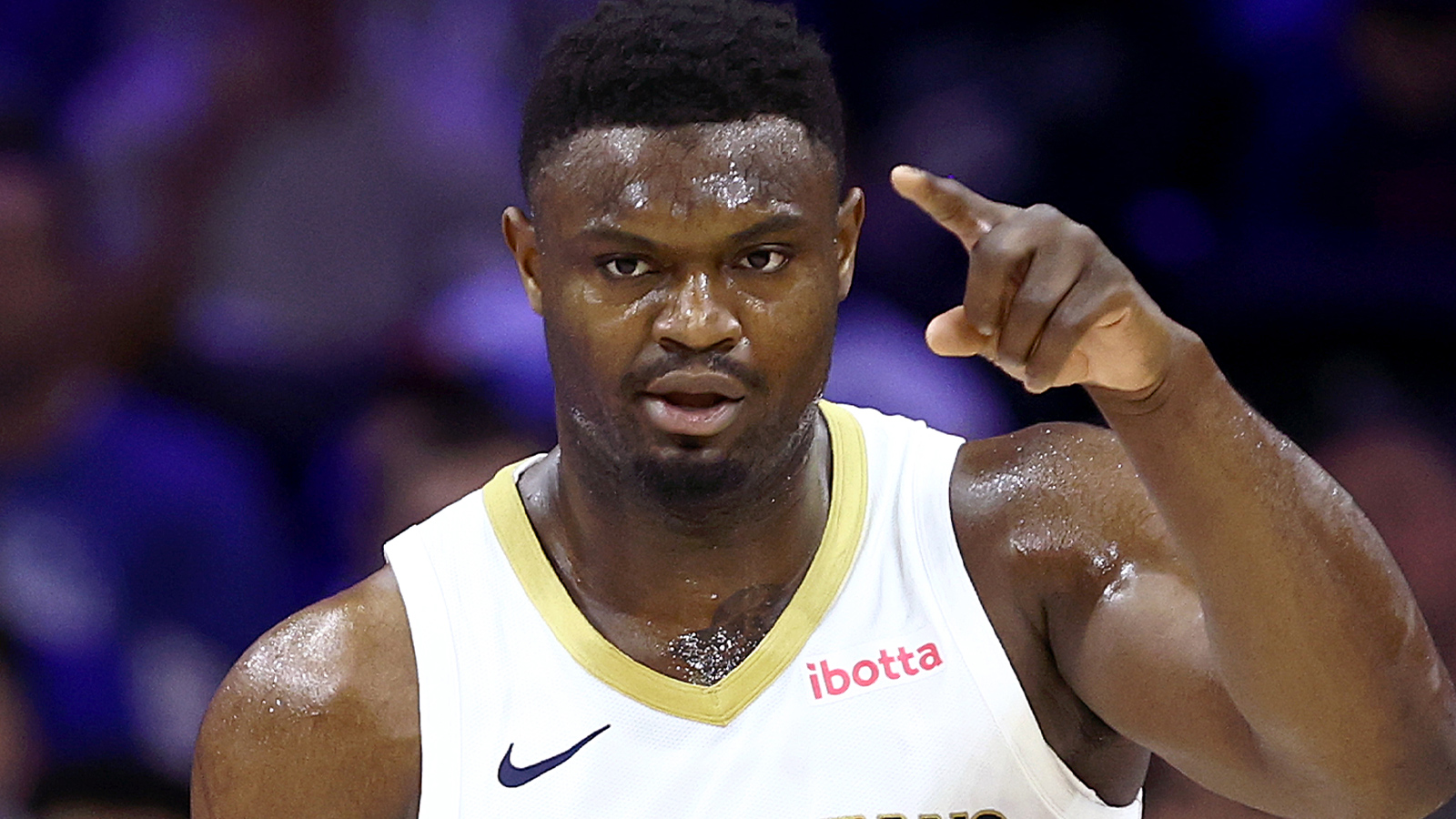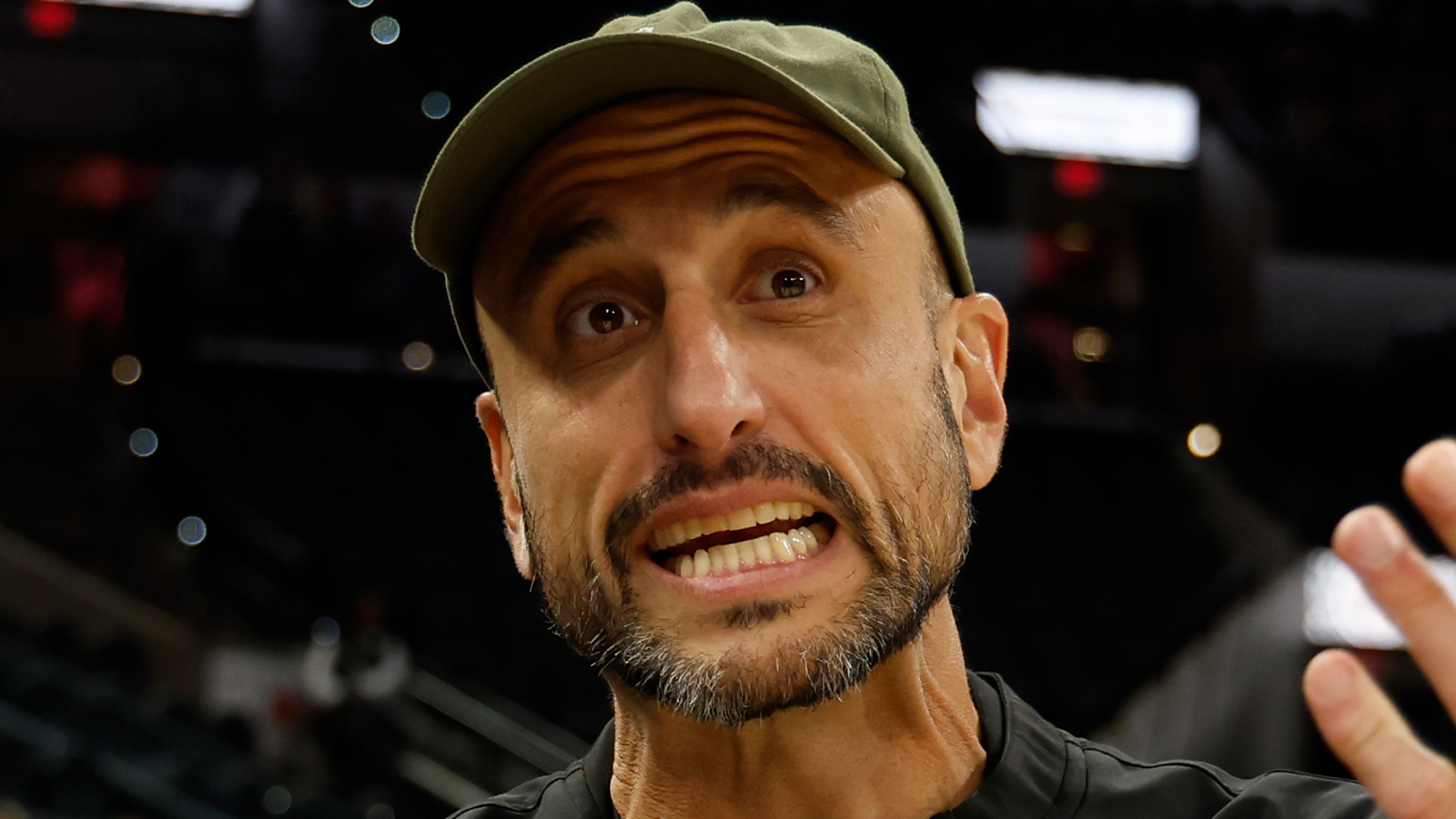
Kevin Love Details First Frightening Panic Attack Which Landed Him in the Hospital
Kevin Love is much more than a basketball player. The 6-foot-8, 250-pound forward for the Cleveland Cavaliers has used his platform as a player in the NBA to form a foundation focusing on mental health. Since 2018, Love has been open about his personal struggles, including the first panic attack he ever endured. That scary moment came while he was on the basketball court.
Kevin Love’s basketball career
In high school, Kevin Love played for the Lake Oswego Lakers in Lake Oswego, Oregon. In his senior year, he averaged nearly 34 points and 17 rebounds per game. He was named the Gatorade National Male Athlete of the Year. He went on to play college basketball at UCLA.
At UCLA, Love had a monster year as a freshman. He averaged 17.5 points and 10.6 rebounds per game. He shot 56 percent from the floor and helped the Bruins to a No. 1 seed and a Final Four appearance in the NCAA tourney. Love was a consensus first-team All-American and opted to enter the NBA draft after his first year of college.
Love was taken with the fifth overall pick in the 2008 NBA draft. The Memphis Grizzlies selected him and then traded him to the Minnesota Timberwolves. Love played his first six seasons in Minnesota, averaging 19.2 points and 12.2 rebounds per game. In 2014, Love was traded to the Cleveland Cavaliers, where he has spent the last six years. In Cleveland, he has averaged 17.2 points and 10 rebounds. He is a five-time NBA All-Star.
Love’s mental health struggle
Kevin Love has used his status as an NBA player to bring mental health awareness to the forefront. For Love, mental health is a topic that doesn’t nearly get the attention it deserves. It’s something he has been dealing with for quite some time and it’s something that’s been an ongoing issue within his family.
In an April CNN article, Love said it’s important to get the topic of mental health out in the open. He said the coronavirus (COVID-19) pandemic will only exacerbate the mental health issues. Some people will feel lonely, while others will feel the financial burden. “This is really a pandemic that nobody’s talking about,” he said. “I can’t really put my finger on something that is a bigger thief of human potential. So it’s just incredibly important that we continue to speak and talk about the stigma.”
Love has also used his wealth to help give back to help alleviate some of those financial burdens. He recently donated $100,000 to help those staffers who work at the arena who find themselves out of work because of the pandemic. “I was just considering that anxiety of maybe not seeing your next paycheck. I know a number of them (the staffers) on a first-name basis, and I just thought it was very important to just help alleviate some of that stress that they might have felt. At least for me, a form of therapy or feeling better is just practicing acts of kindness.”
The frightening panic attack
In an article in The Players’ Tribune, Love detailed what it was like to suffer a panic attack. He had never had one before and he was in front of thousands of fans when it happened. It was that day, Nov. 5, 2017, during a game against the Atlanta Hawks where he became frightened. It was also the day that made him decide to open up about his mental health issues. Love said he’d been stressing out about family issues and he felt winded during the game, but just after halftime, things got tough.
“When I got to the bench, I felt my heart racing faster than usual,” he wrote. “Then I was having trouble catching my breath. It’s hard to describe, but everything was spinning, like my brain was trying to climb out of my head. The air felt thick and heavy. My mouth was like chalk. I remember our assistant coach yelling something about a defensive set. I nodded, but I didn’t hear much of what he said. By that point, I was freaking out. When I got up to walk out of the huddle, I knew I couldn’t reenter the game — like, literally couldn’t do it physically.
“I ran back to the locker room. I was running from room to room, like I was looking for something I couldn’t find. Really I was just hoping my heart would stop racing. It was like my body was trying to say to me, You’re about to die. I ended up on the floor in the training room, lying on my back, trying to get enough air to breathe.”
Love would up at the hospital where everything checked out OK. He found out his biggest fear wasn’t the actual panic attack, but opening up about it. He’s overcome that and is doing what he can to help others.



